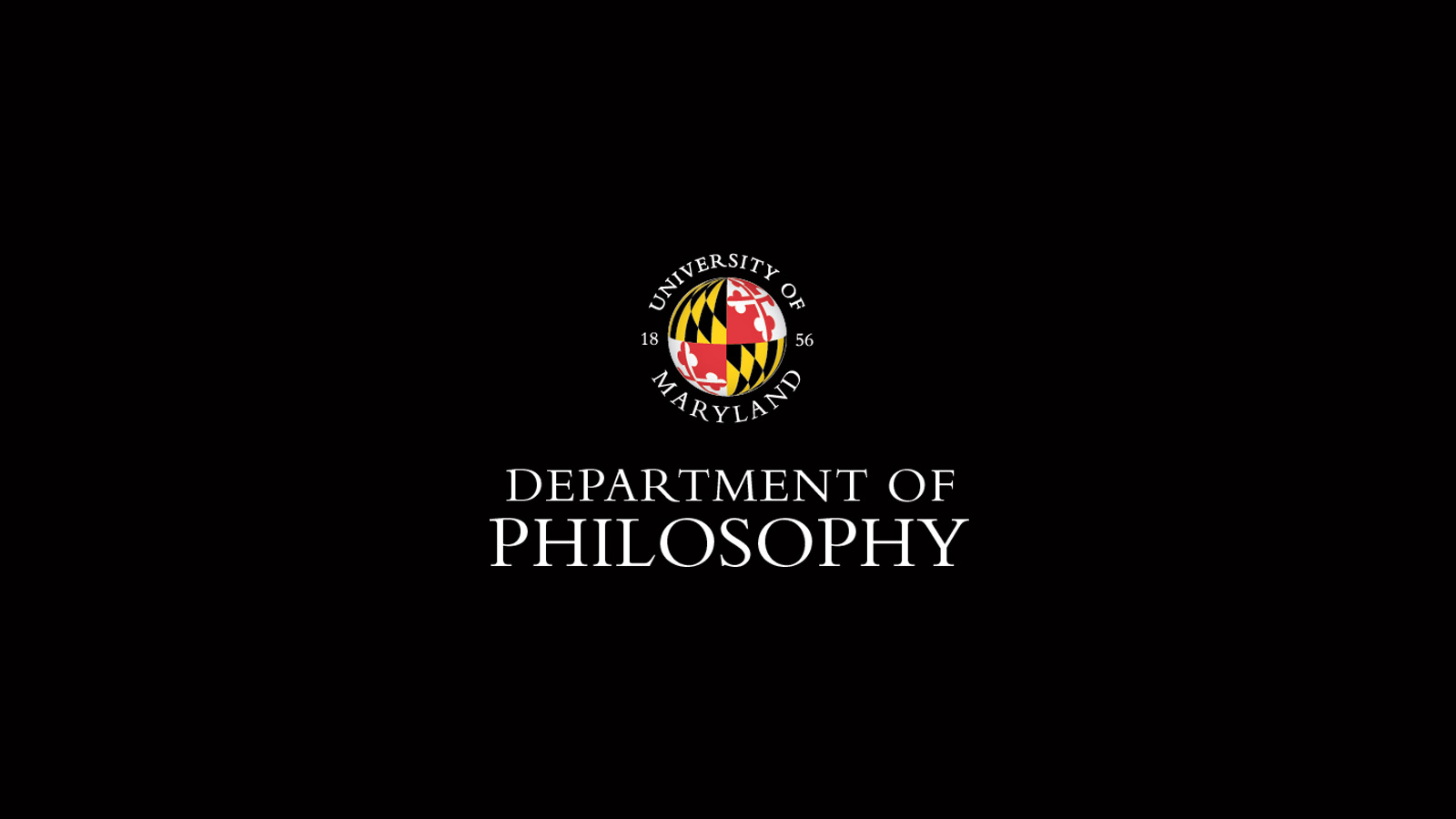Philosophy, Politics and Economics Undergraduate Major
May 15, 2023

Philosophy starts a new major in Philosophy, Politics and Economics
In 1920 Oxford University revamped its almost century old Literae Humaniores or "Greats" program into a new program, "born of the conviction that study of the great modern works of economic, political and philosophical thought could transform students’ intellectual lives, and thereby society at large," according to Oxford's website. The program was called Philosophy, Politics and Economics, or PPE, and since its inception at Oxford, PPE programs have spread to roughly 200 countries around the world, with 57 in the United States. PPE is an interdisciplinary field that brings the normative concerns and analytical methods of philosophy together with the empirical and conceptual approaches of history, economics and political science.
In 2019, the University of Maryland launched its own undergraduate PPE program (PHPE for catalog purposes) and in the short time since its inception, the number of PPE majors has grown to over 160. Rachelle Guy's story tells why. She came to Maryland in 2019, planning to major in journalism with the aim of writing about politics. After an intro course in microeconomics, she realized that writing about politics wasn't enough. She wanted a deeper understanding of the ideas behind what goes on in the political and economic sphere. The PPE program offered the breadth and depth she was looking for and she changed her major to PHPE. "Three years later," she says, "as I ready myself to graduate, I look back on joining the PHPE program as the best decision I could have made." She plans to carry the fruits of that decision into her law-school studies, her planned law career, and her life at large.
The intellectual breadth of the program is clearly one of its appeals. Matt Stanco says "Being able to understand problems through multiple lenses allows me to consider the problems more completely and to understand not just that a proposed solution might work but the nuts and bolts of how." And the program incorporates the traditional benefits that come with a course of study in philosophy. Josh John writes "Participating in the program has improved my critical thinking, encouraged me to engage with unconventional ideas, and taught me how to convey my beliefs more effectively."
The core faculty from Philosophy are Dan Moller, the Director of the program, and professors Harjit Bhogal, Eric Pacuit and Rachel Singpurwalla. Additional faculty from Philosophy and other departments teach courses cross-listed as PHPE or among the elective options. Degrees are granted by the philosophy department, but like its counterparts elsewhere, the program is interdisciplinary. Majors take thirteen courses: six disciplinary foundation courses in philosophy, economics, government, and public policy, three upper-level courses in PHPE, including a senior-level capstone seminar, and four upper-level electives, chosen from the offerings of a variety of departments. There is also an internship program that many students take advantage of.
From inception to 160 majors in four years is a striking achievement, and From inception to 160 majors in four years is a striking achievement; the PHPE majors clearly addresses a need. Program director Dan Moller says: "The idea behind PPE is to connect distinctively normative questions that are the province of philosophy with work in economics and politics, with the occasional assist from history. None of these fields can address social problems like climate change or crime and punishment in isolation. To make progress, we need to think about not just whether the climate is changing or crime is rising, but about how important these problems are, and what trade-offs we should make in addressing them."

